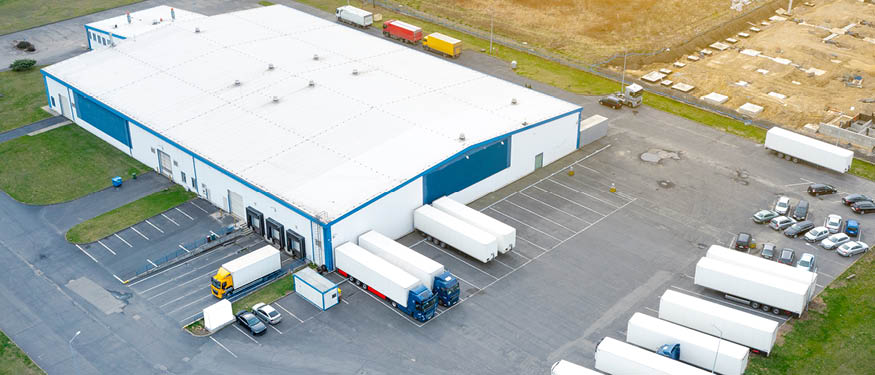Turkey is the world’s tenth largest agricultural producer and a hub for many top global players in food production. The country is accelerating the integration of sustainability principles into the sector’s growth strategies.
In 2021, the lingering effects of the pandemic severely impacted supply chains and food production in Turkey. However, the investment outlook remains positive as the agricultural sector embraces a holistic sustainability approach to improve the overall sustainability position of the Turkish economy. Greening supply chain management is becoming a key issue for many buyers, in line with the various legislative pushes, especially in Europe, Turkey’s most important trading partner. It remains to be seen whether the initiatives now planned and implemented will be able to keep pace with the upcoming global regulatory changes and trends in sustainability.
In 2020, Turkish agriculture employed roughly 18% of the total workforce and contributed 6.6% to the country’s GDP. The total output of the sector has ranged from USD 37 billion to USD 51 billion in the last five years. The sector can be divided into three groups: producers (mainly family-owned farms), processors, and retailers. Many large multinational companies operate in Turkey, while the retail sector is mainly dominated by a handful of local food retailers. As the agricultural sector is of great strategic importance in Turkey, the sector’s sustainability initiatives will support Turkey’s overall green growth.
Although the first sustainability initiatives date back to the 2000s, awareness has increased in recent years, in line with global trends. Recent projects by processors and retailers have focused on sustainable and local raw material supply, through programs such as Good Agricultural Practices, to ensure sustainable agricultural production while addressing food safety and nutrition security concerns.
In addition, reducing and minimizing food waste is high on the agenda. The Turkish Ministry of Agriculture and Forestry and non-profit organizations have launched initiatives such as Protect Your Food and the Food Waste Prevention Project.
Social responsibility is also vital. The share of fragile employment is higher in agriculture. Family farms are scattered throughout Turkey, and it is important to improve the working conditions (economic and social) of these people – particularly women, through programs such as the Ministry’s Women Weaving Camlet and leading processors’ My Sister.
Agricultural and food exports form 12% of Turkey’s total exports, so international regulations on agricultural and food exports are also paramount. The EU is the most important export market, so EU procurement strategies, such as the Farm to Fork strategy and the Carbon Border Adjustment Mechanism (CBAM) under the EU Green Deal, will change the direction of the agricultural industry.
The Aegean Exporters’ Associations estimates that the total carbon costs that Turkish agricultural exports will face could reach EUR 150 million after the implementation of the CBAM. As a result, the participation of Turkish industry and government in projects to adapt to the EU Green Deal has never been more important to secure market access. The Turkish government is also strengthening the ESG framework through programs like the National Action Plan for Sustainable Land Management, prepared in accordance with the Food and Agriculture Organization, and the National Water Plan. These programs seek to ensure the effective use of natural resources – especially water and soil. There are also official projects to support local producers, such as the Herbal Production Development Project for the local procurement of imported agricultural materials, and social support programs for local farmers.
In addition, as explained in the Green Deal by the Turkish Ministry of Commerce in July 2021, Turkey will take further measures, such as reducing the use of pesticides and aligning with EU legislation on organic farming and land consolidation, all driven by the EU objective of sustainable agriculture.
The transition to sustainable food production is an essential capital-intensive economic shift, considering the regulatory wave from Europe. Further investment, in technology and R&D, will be required to meet growing demand and keep pace with global trends in sustainability and ESG. The future of sustainability in agribusiness should be shaped from a macroeconomic perspective, with microeconomic implementation. Legislation is also required to support this development, by creating the necessary regulations and leveling the playing field for companies, so that the front runners do not suffer a competitive disadvantage.
By Done Yalcin, Managing Partner, Yalcin Babalioglu Kemahli in Cooperation with CMS
This Article was originally published in Issue 8.12 of the CEE Legal Matters Magazine. If you would like to receive a hard copy of the magazine, you can subscribe here.






















